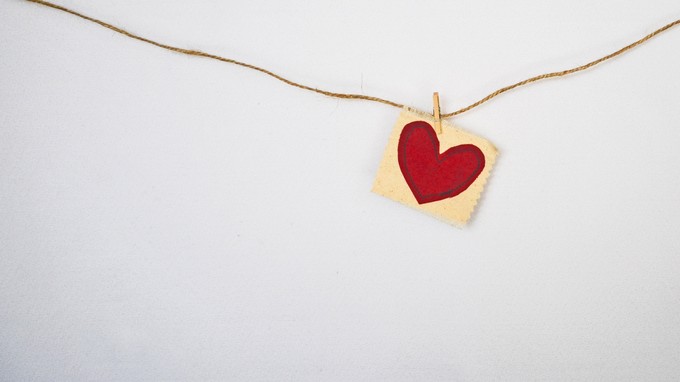There is a lot we can offer in life – but the one that can be the most difficult is the one most personal to us: our own bodies. An NHS study found out that 90% of people say they support organ donation in theory but less than one-third are registered donors. Yet, on average 3 people die every day because there are not enough organs available, despite having 22.5 million on the Organ Donation Register. There are plenty of ways we can save the lives of others, be it whether we’re alive or dead.

We learnt this one in school: the four blood types, its compatibility and how important that information is when it comes to blood transfusions. We might be squeamish about the needle – but you’d be happy to know that your blood can be applied in various medical procedures and uses including and not limited to trauma-related injuries, pregnancy-related complications, surgeries and blood-related medical conditions. According to the World Health Organisation (WHO), unpaid volunteers form 100% of blood supplies in 62 countries. Who knew that such a simple contribution could do so much good?
Many parts of your body could potentially save the lives of others. However, what potentially stops someone from signing up can simply be the fear of engaging in a conversation about death, the misinformation about taking their organs early or even their own beliefs. However, it should be noted that:
Most religions support organ donation. Organ donation can only be considered if you are declared brain dead by a physician. You can have an open casket funeral, even after the surgical procedure. As an organ donator, your personal information is confidential.
Because stem cell transplants are generally used to treat blood or genetics-related diseases, this one requires a near-perfect match to work. What we may not know is that when it comes to stem cell donations, race matters. Donors from minority ethnic groups are sorely lacking and highly sought out, with Asian patients only having 6% chance of finding a matching donor.
Stem cell donation can also extend beyond saving another person’s life. It could also potentially contribute to research that aims to find cures to diseases – helping humanity.
Alternatively, you could donate your whole body to medical science and help in furthering research into the human biology. All medical schools accept body donations, but is also dependant on your medical conditions at the time of donating. Your body will be used for scientific research as well as perfecting medical knowledge and techniques. Because of the nature of this donation, you may not have a physical funeral – but medical schools would hold a committal, memorial, or thanksgiving service in your memory.
These form of donations may be more physical in nature, but if you aren’t ready to take the big step, you can always consider visiting your local university’s medical faculty and volunteer for their research experiments in psychology. Or help make better medical products by participating in clinical trials.
However you decide to give – you’ve saved at least one life!
Start your journey with huunuu today!